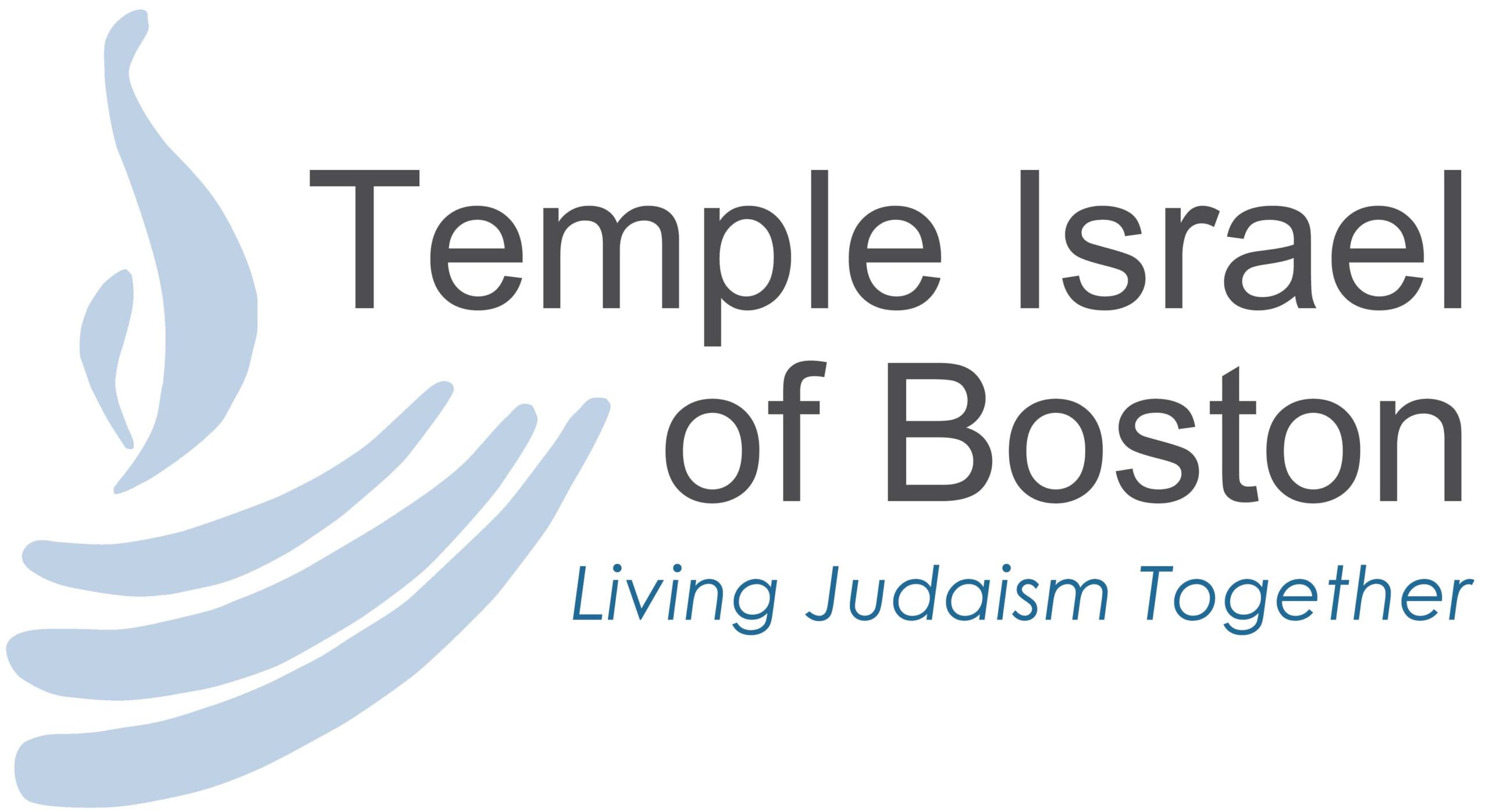“How,” Rabbi Elaine Zecher’s Shabbat Awakenings
Ahugust 1, 2025 | 7 Av 5785
Welcome to Shabbat Awakenings, a weekly reflection, as we make our way toward Shabbat. You can also listen to it as a podcast.
We are in the lowest moment in the Jewish year, but, maybe also in this year, too. In the middle of the heat of the summer (in the northern hemisphere), in what feels like a draining of the life force, we commemorate destruction. On the ninth of Av which begins tomorrow night, we recall the devastation of the first and second Temple, by the Babylonians and then hundreds of years later by the Romans. In both instances, it felt like all was lost including the community of people involved. The Jewish people fought against forces not only from the outside but also from the inside. Pessimism and despair were rampant then as it is now.
We cannot look away from the starvation happening in Gaza. We are at a low point. I share with you this statement from the leadership of the Reform movement:
***
Reform Movement Statement on Starvation in Gaza
July 27, 2025
The ongoing crisis in Gaza is a devastating reminder of the immense human cost of war. Nearly two years into Israel’s war against Hamas, Israelis are still waiting for the return of their loved ones held hostage, and innocent Palestinians are caught in a mounting humanitarian catastrophe. Hamas has repeatedly demonstrated its willingness to sacrifice the Palestinian people in its pursuit of Israel’s destruction, but Israel must not sacrifice its own moral standing in return. Neither escalating military pressure nor restricting humanitarian aid has brought Israel closer to securing a hostage deal or ending the war.
While long-delayed and not-yet-certain to be more effective than previous efforts, we are encouraged by Saturday night’s announcement that the Israeli military would revive the practice of dropping aid from airplanes and make it easier for aid convoys, including those from the UN’s World Food Program, to move through Gaza along “designated humanitarian corridors,” and to temporarily cease fighting in Gaza for a humanitarian pause.
No one should be unaffected by the pervasive hunger experienced by thousands of Gazans. No one should spend the bulk of their time arguing technical definitions between starvation and pervasive hunger. The situation is dire, and it is deadly. Nor should we accept arguments that because Hamas is the primary reason many Gazans are either starving or on the verge of starving, that the Jewish State is not also culpable in this human disaster. The primary moral response must begin with anguished hearts in the face of such a large-scale human tragedy.
Our tradition teaches that all people are created b’tzelem Elohim — in the image of God. One consequence of this is the moral priority, which is affirmed throughout the Bible and rabbinic tradition, of feeding the hungry — both for the individual and for the self-governing Jewish community.
More than a few members of the current Israeli government have publicly called for Israel to decimate the Gaza strip. The most recent was Heritage Minister Amichai Eliyahu who, on Thursday lauded the Israeli government for “racing ahead for Gaza to be wiped out.” He added: “Thank God, we are wiping out this evil.” Of equal concern are far — right Israeli politicians who advocate for Israel to permanently push most Gazans from much of Gaza and replace them with Jewish settlements. We condemn all such statements. They do not represent Jewish values nor those embodied in the Zionist vision that produced Israel’s Declaration of Independence.
Despite PM Netanyahu’s calls to ignore these full members of his cabinet, their presence in this government has consistently morally compromised Israel’s actions.
Starving Gazan civilians neither will bring Israel the “total victory” over Hamas it seeks, nor can it be justified by Jewish values or humanitarian law. It’s hard to imagine that this tragic approach will bring home the 50 remaining hostages, including the 20 whom we pray are still alive.
It’s imperative that the Government of Israel ensures that the recently announced plans to deliver humanitarian aid succeed as Israel works with international partners to ensure its safe and sustained delivery and do whatever possible to reduce or eliminate the shootings and other injuries sustained at food distribution centers. We applaud Israel’s green light for foreign nations to resume providing humanitarian aid to the Gaza population desperate for food and are confident that they will do all they can to ensure that such aid does not fall into the hands of Hamas…
…Finally, while it is imperative that Israel and the U.S. resume diplomacy to bring home all hostages and end this war, denying basic humanitarian aid crosses a moral line. Blocking food, water, medicine, and power — especially for children — is indefensible. Let us not allow our grief to harden into indifference, nor our love for Israel to blind us to the cries of the vulnerable. Let us rise to the moral challenge of this moment.
Union for Reform Judaism
Central Conference of American Rabbis
American Conference of Cantors
***
The Biblical book of Lamentations we read at Tisha B’Av begins with the Hebrew word how — eicha אֵיכָ֣ה. It describes how Jerusalem sat empty of her people carried into exile, void of moral clarity and justice. Yet, eicha אֵיכָ֣ה, how, is also a question. How shall we go on? How can we rise together as a Jewish community, despite our differences, to ensure a future for us all? How can, as our leaders have implored, “we not allow our grief to harden into indifference, nor our love for Israel to blind us to the cries of the vulnerable?”
Our voices matter. We raise them together.
Shabbat Shalom! שבת שלום
I look forward to hearing your thoughts and impressions. Share with me what you think. Your email goes directly to me!
Shabbat Shalom! שבת שלום

Rabbi Elaine Zecher
